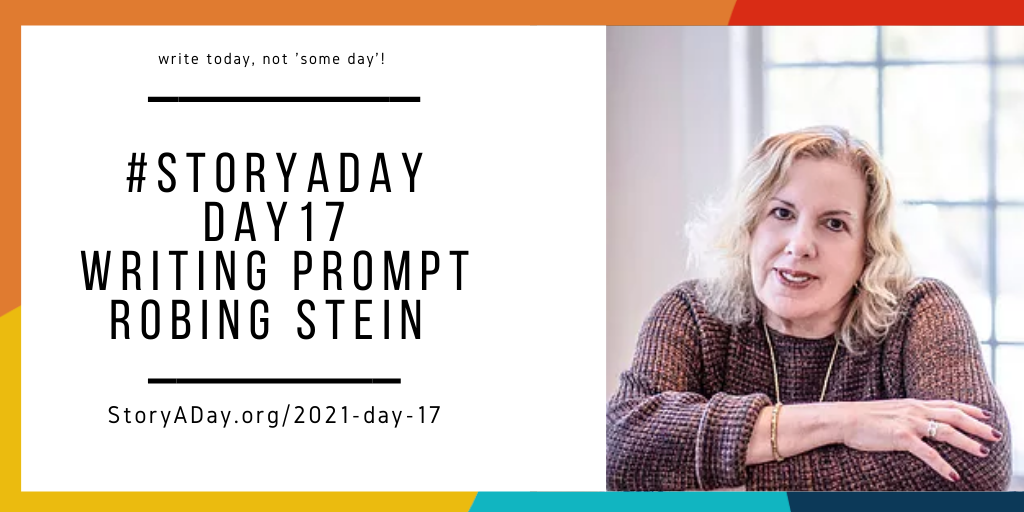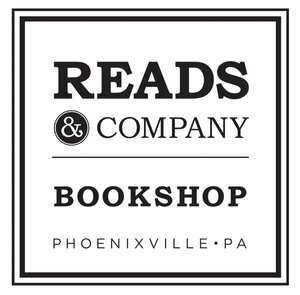Remember: A little something is still more than a lot of nothing.
 Robert Brewer is the Poetic Asides poetry blogger for Writer’s Digest, and is in the midst of hosting April’s Poem A Day Challenge.
Robert Brewer is the Poetic Asides poetry blogger for Writer’s Digest, and is in the midst of hosting April’s Poem A Day Challenge.
He took a few minutes to talk to me about what this particular creative challenge has meant to him and the poets who took part.
What did you expect to get out of the PAD challenge?
Going into the first challenge, I really didn’t know what to expect. I remember telling my wife (before she was my wife) over the phone the night before the first challenge that I didn’t know if anyone would participate–or even who would participate. Luckily, hundreds of poets participated the very first day, and many of the poems were very good.
What did you actually get out of it?
First, I got 30 poems out of it. Second, I developed a relationship with several poets and found myself with a very active community on the Poetic Asides blog. The best part of these challenges is hearing from first-time poets and poets who have not written in months (or years) who found inspiration in the prompts and then went on to continue writing poems beyond the actual challenge. That’s one of the main things I try to accomplish is to enable poets to easily create their own prompts.
Did you get any surprising feedback from other participants?
I did. The quantity and quality of poems posted always surprises me (even now). Beyond that, I was surprised by how the Poetic Asides community developed as a whole and how some participants created their own Poetic Asides critique groups. One poet even created a database to help poets track their and other poets’ poems.
What should people do to prepare for a creativity challenge like this?
Just try to clear some time each day to write. Outside of that, try to keep an open mind each day, because you never know what the next prompt will be (unless you’re psychic). Also, have fun and don’t worry about revision; there’ll be time for that later.
What are your best tips for keeping going when the novelty wears off around the middle of the month?
I believe in breaking big tasks into smaller tasks. So, think of the month in terms of weeks or 4- to 5-day increments of time. Another trick, write shorter if you’re just struggling in the middle–or get silly. Remember: A little something is still more than a lot of nothing.
—
Thanks Robert!






![[Daily Prompt] May 9 – Moonlight](https://storyaday.org/wp-content/uploads/2011/05/Prompt_challenge2011tn.jpeg)

